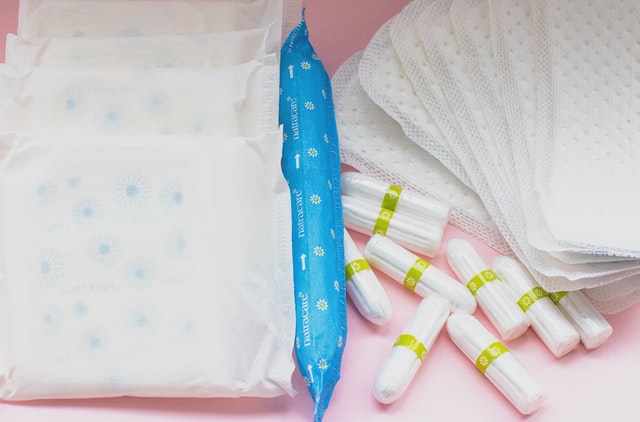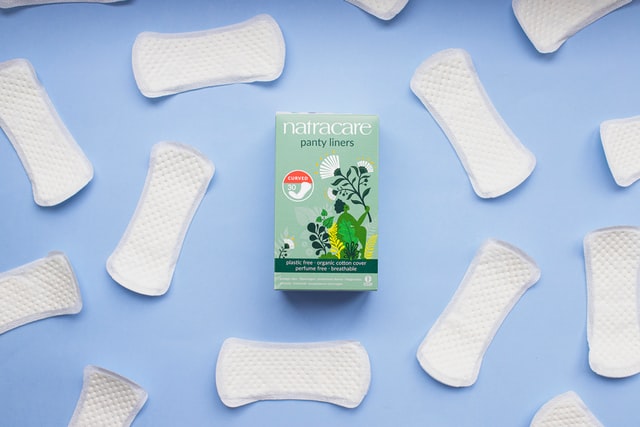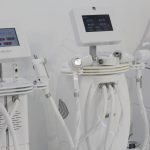Introduction
Menopause is the condition in which women have no menstruation for 12 months consecutively. Women cannot be pregnant anymore. The age during which this condition occurs is usually 45 and 55. In some cases, this condition also happens before and after this age. Moreover, there are many factors that occur during menopause, such as, extreme sweating or loss of hair. However, there are positive treatments that are available, for example, in case of hair loss; there exists the best hair loss treatment for females.

Per menopause, menopause, and post-menopause
During perimenopause, there chances that you may have periods late or skip once. In this condition, periods are not as regular as usual. In contrast, menopause is a total lack of periods for almost 12 months consecutively. Postmenopause is the period that occurs after menopause has occurred entirely.
Symptoms
The symptoms of Menopause are severe. Smoking and drinking likely make this condition worse, and symptoms long-lasting. Find below the signs or symptoms of menstruation:
- The person feels less number of menstruations than the usual.
- Women often experience periods, sometimes as light or sometimes as heavy.
- Women experience hot flashes, sweats, and flushing.
- Vaginal dryness occurs during post-menopause. In this condition, the natural moisturizer, which keeps the vagina moisture decreases and, causes vaginal dryness.
- Most women suffer from sleep problems during the period of premenopause. The sleeping problem occurs due to a lack of hormones and irregular menstruation.
- The gradual gain in weight occurs due to menopause. Weight increases around the abdomen, thighs, and hips simultaneously. However, it is not necessarily one who gains weight that has menopause. Gaining weight is also related to age, and it increases with age.
- Metabolic energy is the energy that we use to convert stored energy into working energy. Estrogen is responsible for the metabolism of the body. As we discussed above, the estrogen level decreases during menopause.
- During menopause, the estrogen level decreases, which makes breast tissue dehydrated and elastic less. Women no longer experience nipple discharge. During these, breasts begin to sag.





